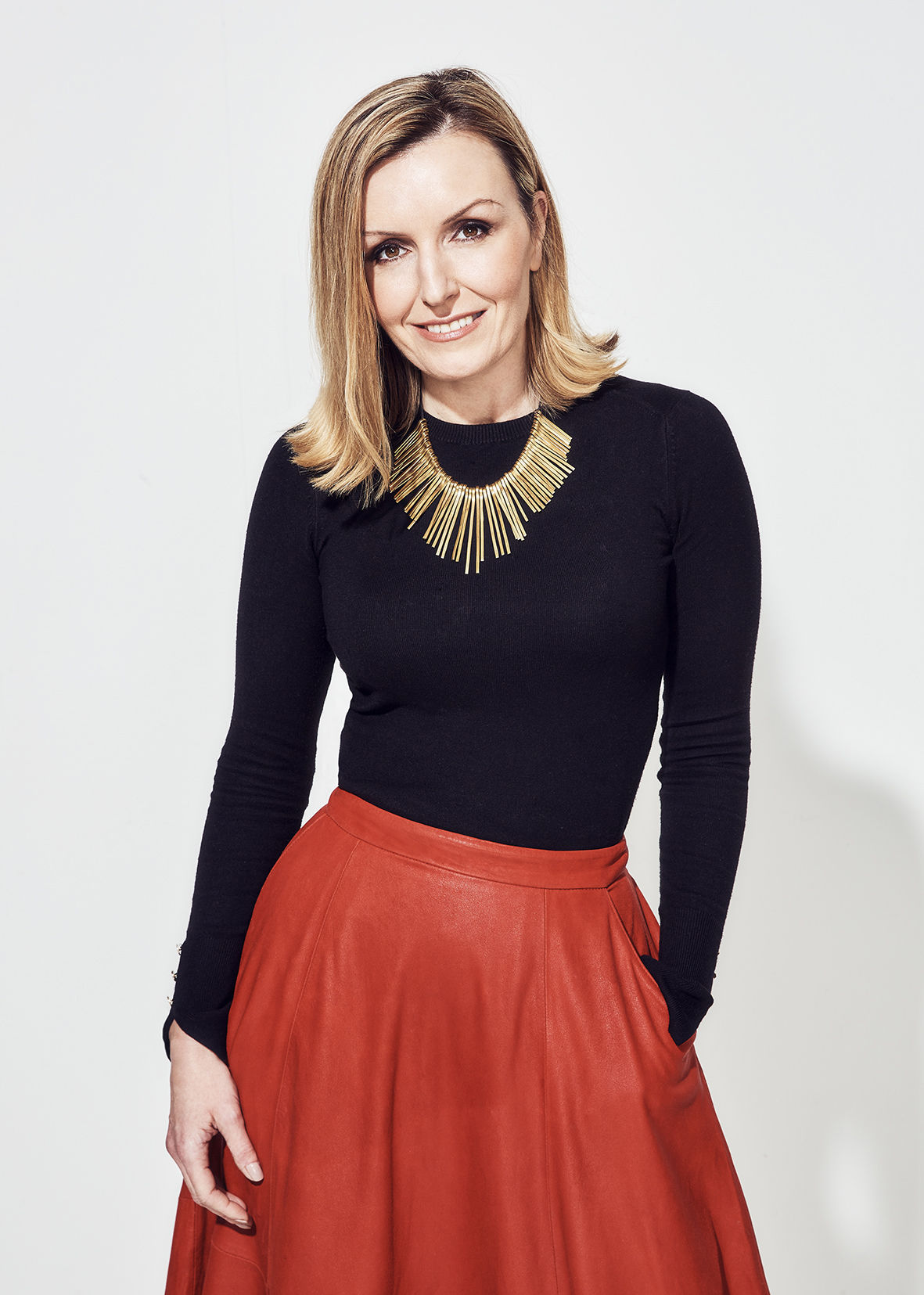Women’s Health editor-in-chief stresses importance of self-care in webinar for Journalism Diversity Fund students
Journalism Diversity Fund bursary recipients received an insight into how to look after their mental wellbeing in a webinar delivered by Claire Sanderson, editor-in-chief of Women’s Health and Roisin Dervish-O’Kane, senior editor at Women’s Health.
Journalism Diversity Fund bursary recipients received an insight into how to look after their mental wellbeing in a webinar delivered by Claire Sanderson, editor-in-chief of Women’s Health and Roisin Dervish-O’Kane, senior editor at Women’s Health.
 Claire, who shared her own past experiences of depression and mental ill-health, spoke of the importance of practicing self-care as a journalist: “You do need to have balance and you need to organise your diary so you are scheduling rest, recovery and time at home. Ultimately, it will help your career.”
Claire, who shared her own past experiences of depression and mental ill-health, spoke of the importance of practicing self-care as a journalist: “You do need to have balance and you need to organise your diary so you are scheduling rest, recovery and time at home. Ultimately, it will help your career.”
Roisin added: “This is a tough industry to do well in and if you don’t rest you are making it even harder for yourself.”
In her position as editor-in-chief, Claire explained how she leads by example and leaves work on time every day to encourage her team to do the same.
She said: “If I am looking after my own mental health, I know I am giving my team permission to look after their own mental health.”
The duo also addressed the impact covering difficult topics can have on journalists, and how to cope with it.
Roisin said: “You are not a robot, you are a human and that’s what makes you a good journalist.
“If an interview has affected you, go home and take some time for yourself and do the things which ground you back in your life. Get some separation and remember that while it’s important to empathise, not to over-relate.”
A question posed during the webinar asked how to prevent bad managers from causing you mental health problems. Roisin said: “Always first communicate with the person, remember they are a human who may be going through other things.”
Claire shared her experience of being bullied for her Welsh accent early in her career, when the majority of her colleagues were Oxbridge educated. She explained that initially she found it hard to stand up for herself, but she soon realised that the thing that made her different turned out to be one of her greatest strengths.
“My working class background actually set me apart from colleagues and made me a better reporter because it made people feel comfortable talking to me.”
Claire explained that later in her career, when she had more confidence, she stood up for herself to a colleague and her relationship with that person greatly improved.
She urged the Journalism Diversity Fund recipients to do the same: “Stand up for yourself, but in a respectful way – you can’t become arrogant.”
The Journalism Diversity Fund awards bursaries to people from diverse backgrounds who need help funding their NCTJ journalism training.
Administered by the NCTJ, the fund also provides bursary recipients with industry mentors and helps to facilitate work placement opportunities.
The fund is supported by those in the industry who want to make newsrooms better reflect the communities they serve. Click here to find out more.

